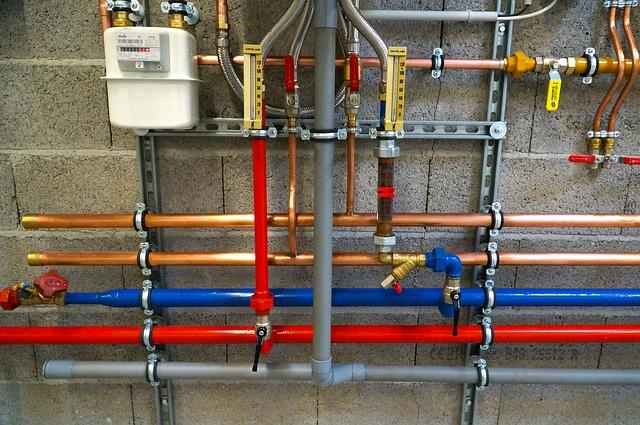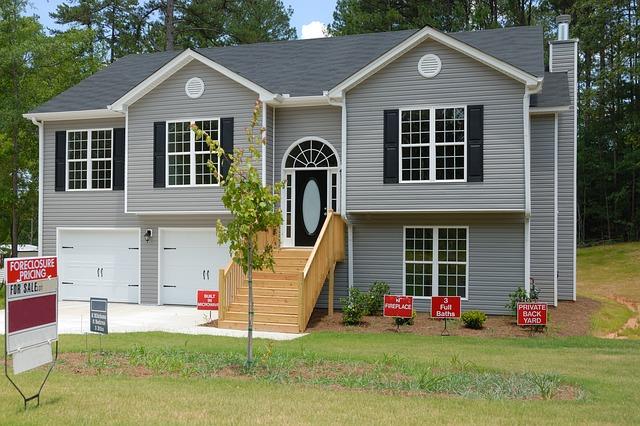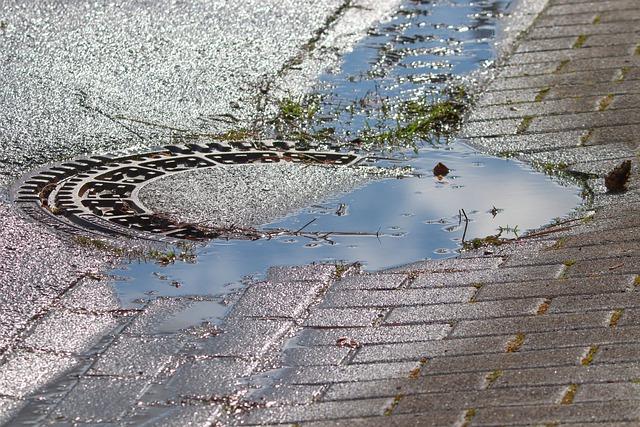
The kind of plumbing pipe(s) to use for a building is very crucial in any type of building construction process.
Whether you choose to construct a residential or commercial building, using the right plumbing pipes for your water supply and drainage system will go a long way in ensuring that water is properly distributed to the various parts of the building.
This will also prevent leakages or corrosion due to the use of wrong or faulty pipes. So, you need to make sure that you have the right pipes in place.
Plumbing pipes come in different types, and the materials used for their production differ. Their features also vary, especially durability and price. This is a factor that might make the process of getting the right one a bit arduous.
Things to Consider Before Choosing a Plumbing Pipe
Whether you are a construction engineer, homeowner, or a newbie with no experience in plumbing, the factors below will effectively guide you in making the right choice of plumbing pipes for your building construction.
Water pressure resistance
If a commercial building is what you intend to construct, there is a need for a pipe that can withstand high water pressure.
The pipe should be wide, have a smooth interior to aid water flow, and durable enough to last for a long time. The types of pipes that you can opt for when it comes to water pressure resistance are plastic, copper, and brass pipes. They possess the aforementioned features, particularly their smooth interiors that make them rust-resistant.
Purpose of usage

The main purpose a pipe is used for must also be put into consideration. Some pipes are meant for potable water while some are meant for drainage, sewage, or waste. Since they are made of different materials and have different sizes and thicknesses, they serve different purposes.
Water type and corrosion level
Even though it's one of the most important things to consider, most people hardly take cognizance of it when choosing a plumbing pipe. The kind of water you use for your plumbing goes a long way in determining the longevity of the pipe.
Is the water hard or soft? Is it corrosive? These are some of the questions to consider.
When your water is corrosive, it dissolves any type of material it comes in contact with and might eventually degrade your pipe within a very short period after installation.
Using a metal or copper pipe for corrosive water can be hazardous to your health and might damage your pipe. So, you need to be very mindful of this.
The degree of exposure to sunlight
The ultraviolet rays of the sun can damage your pipe just like it does to the human skin. So, you need to go for pipes that have insulating properties to withstand hot temperatures for a long time.
If the pipes will be exposed, don’t go for PVC or plastic pipes because most of them can't withstand hot temperatures. But in all, endeavor to have your pipes installed in a way that they won't be vulnerable to direct sunlight, which might eventually damage their surface quality and weaken them in the long run.
The soil type
Since plumbing pipes are made from different materials, there might be an adverse reaction to the pipe with the soil surrounding it. This is especially true when used for underground constructions.
The chemical composition, moisture, and mineral content of the soil can degrade the quality of certain pipes and cause them to become damaged within a short time, thereby affecting their durability.
Types of Plumbing Pipes for Your Building Construction
Installing the right set of pipes will go a long way in ensuring that your building has good drainage and water distribution system.
1. Plastic or PVC Pipes

When it comes to the most popular, affordable, and versatile plumbing pipes out there, PVC pipes are the best.
They are easy to install and often come in two different types: Unplasticized PVC (UPVC) or Rigid pipes and Chlorinated PVC (CPVC) pipes. They are used to carry cold and hot potable water respectively.
The pipes come in various sizes and thicknesses and can be used for sewage application. The only downside of PVC pipes is that they tend to degrade, break, or cause leakages if they are exposed to freezing or hot temperature. This is due to the plastic material they are made of.
2. Cast Iron Pipes

Image source: indiamart.com
These are durable and anticorrosive pipes mainly used for underground or soil installations and sewage and rainwater distribution systems. Their durability is what makes them an excellent choice for most builders because they can last for up to 100 years or more if maintained properly.
Even though they are quite expensive and their installation process is tedious (when compared to PVC pipes), cast iron pipes have natural soundproofing qualities and are fire-resistant.
Their anti-corrosion and hydraulic qualities are achieved when they are inserted into a bituminous compound. They are one of the heaviest plumbing pipes; however, their ability to withstand heavy pressure and handle a large quantity of liquid makes them the top choice for most building construction, especially commercial buildings.
3. Galvanized Iron Pipes

Image source: made-in-china.com
This is another cost-effective and durable plumbing pipe. To prevent corrosion, they are often treated with zinc coating. Their weight is usually determined by their level of thickness.
Galvanized iron pipes come in different sizes, depending on what you choose to use them for. They can be used to carry hot and cold water.
In terms of maintenance and repairs, they can be quite challenging; any damage cannot be easily rectified after installation. They tend to corrode faster when buried underground or made to carry brackish water. This reduces their longevity.
Over the years, PVC pipes have drastically replaced the galvanized pipes due to their cheaper price and anticorrosion properties.
4. Copper Pipes

Image source: nuflowmidwest.com
Consider going for copper pipes if your surrounding water is highly corrosive. They are often used for industrial buildings due to their ability to withstand high pressure and heavy liquid flow. They can be in the form of heavy gauge pipes for high pressure and light gauge pipes for low pressure.
Although copper pipes are small in diameter, they are very versatile, durable, and can be used to carry cold, steam, or hot water. Their major downside is that they are expensive, which is the reason why a lot of people don't use them for an entire plumbing system.
They are also not DIY-friendly because they need to be soldered together and might need extra fittings, which would require the service of a professional. Nevertheless, they can be used to handle refrigerants and underground plumbing works.
5. Steel Pipes

Image source: steeljrv.com
Just like copper pipes, steel pipes are corrosion-resistant. But their level of resistance cannot be compared to that of copper pipes. They are very lightweight and extremely durable and can last for up to 50 years when properly maintained.
However, their thin wall can be bent easily or pressed by external pressure. They are prone to rust if they come in contact with acidic or alkaline water. But they are very good for transporting any form of liquid and gas under very high pressure.
6. Asbestos Cement Pipes

Image source: simmonsfirm.com
This is one of the cheapest types of plumbing pipes. They’re a better option compared to PVC pipes if you’re on a low budget. They are often used for the drainage of water, sewage, and rainwater from roofs.
Asbestos pipes can also be used for ventilation. They can withstand high pressure to a large extent and can be easily installed without the use of skilled labor. They are very lightweight and contain a high amount of hydraulic efficiency.
7. Stoneware pipes

Image source: exportersindia.com
These are mostly used for underground drainage systems in low-cost construction buildings. They are mostly produced in ceramic companies through the process of burning soft soil at a very high temperature.
Stoneware pipes are very affordable but require skilled workers and thorough supervision during installation.






Leave a comment
This site is protected by hCaptcha and the hCaptcha Privacy Policy and Terms of Service apply.